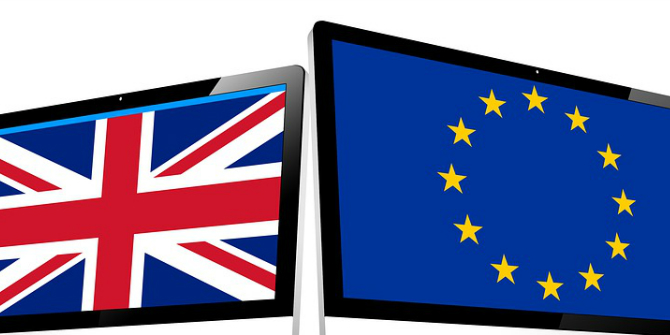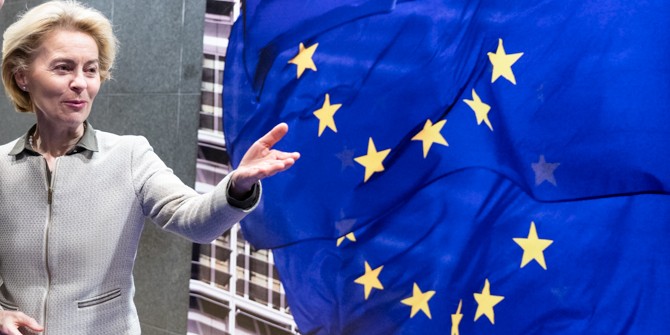Brexit is now a reality.
For those readers wondering what Nicholas Barr, who wrote our very popular Letter to friends, is thinking, it’s this:
I hope I am wrong, but fear that – for the reasons set out in my earlier article – the referendum result will come to be viewed as a historic mistake. My sadness is not for my generation but for the 75 per cent of younger people who voted to remain.
These are some of the predictions our contributors have made about the post-Brexit world.

The exit plan
Agata Gostyńska-Jakubowska and Adam Lazowski explain why Leavers want to avoid invoking Article 50 too quickly. “Vote Leave seems to assume that the entire outside world will just bow to its demands. But the contemporary world of globalised trade works in a different way.”
Tim Oliver looks at how the EU will respond.
Edward Pitt sets out the regulatory areas where the EU has been accused of overreaching itself – and which a Leave government will probably want to reform.
Trade
Ruth Lea argues that getting access to EFTA’s trade agreements would be an economic boost.
Alan Sked is equally optimistic.
Lorenzo Codogno says the long-term effects might not be as bad as predicted.
But Robert van Geffen believes Brexit will seriously damage financial services in the UK.
Steve Woolcock says we will be trading according to rules we no longer have a say in.
Simon Hix predicts the EU will become a more heavily regulated market, making it harder for us to access it.
Michael Johnson says abolishing all tariffs is unrealistic.
Tim Lang and Victoria Schoen warn the cost of food will rise as sterling falls, and look at what will become of British farmers outside the Common Agricultural Policy.
Yu Jie (Cherry) warns China would have preferred to trade with a Britain in the EU.
The NHS
LSE health policy experts look at the effect on staff, drugs, research and the debate about TTIP.
Migration
Dionyssis G Dimitrakopoulos says this is a vote to cut migration, no matter what liberal Brexiteers say.
Chris Bickerton argued it was a chance to devise a coherent migration policy and open our borders to people who currently struggle to obtain a work visa.
Heather Rolfe offers an employers’ guide to Brexit.
Marco Scipioni and Paula Hoffmeyer-Zlotnik debunk the notion that it will give Britain more control over refugee flows.
Universities
Helen Drake mourns the severing of ties with Europe.
Scientists Mike Galsworthy and Rob Davidson: “Brexit will kill the goose that lays the golden egg.”
But David Walker says it’s unclear how much of Britain’s success in the social sciences is dependent on the EU.
Britain and the rest of the world
Ex-diplomat Brian Crowe predicts the UK will be sidelined and Nato weakened.
Mareike Kleine: “Think Liechtenstein, and you will get a picture of Britain’s future status in world affairs.”







2 Comments